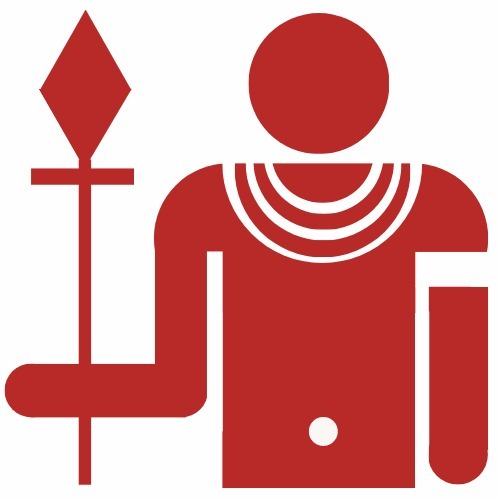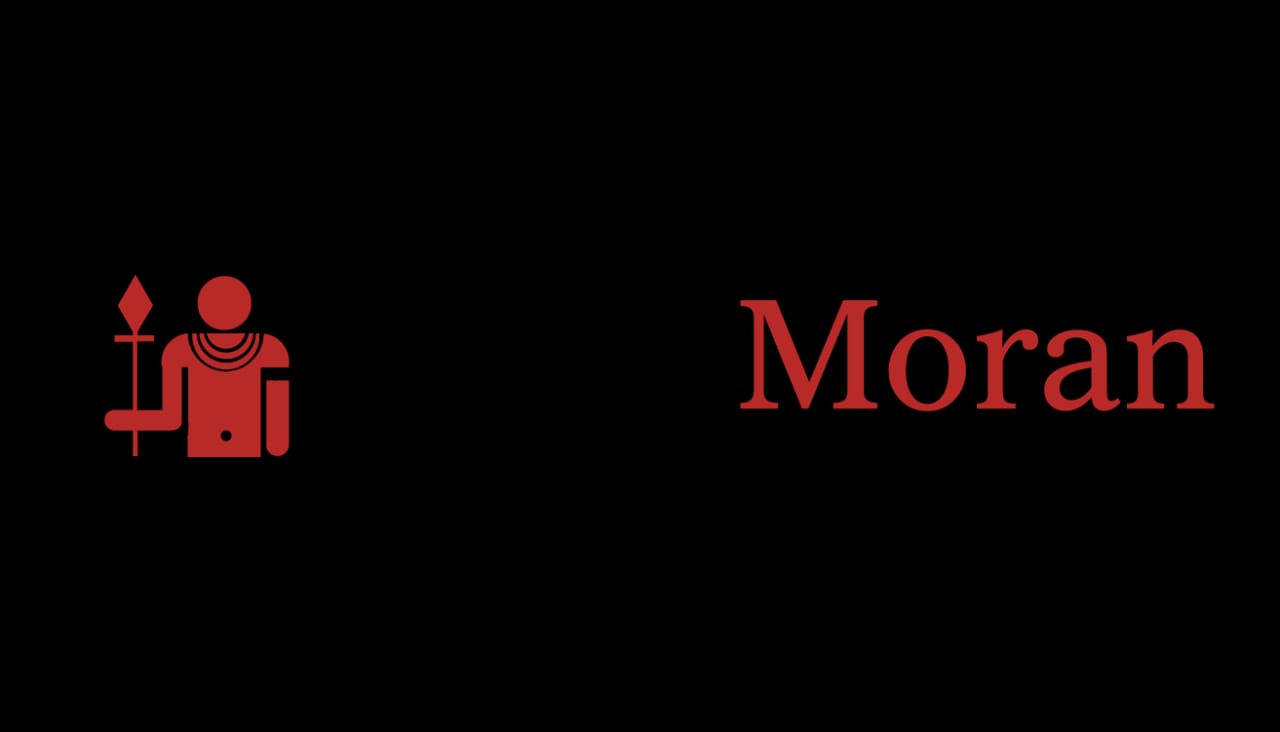World’s leading money transfer companies; Western Union and Moneygram are on the thin end of the wedge after an accusation that has claimed high premium charges of up to 12 per cent on remittances into Africa.
The excessive charges add up to $1.8 billion annually, a significant leap from global rates. “Migrants sending $200 home can expect to pay 12 per cent in charges, which is almost double the global average. Which governments of the G8 and the G20 have pledged to reduce charges to five per cent, there is no evidence of any decline in the fees incurred by Africa’s diaspora.” Stated a report by UK-based Overseas Development Institute(ODI).
It is not exactly known how many Africans live outside their countries of origin but however estimated to be more than 30 million of them who have migrated in the recent decades. According to the latest World Bank figures, remittances from migrants are expected to rise to $436 billion this year, more than three times what poor countries receive in overseas aid the number is however expected to rise to $516 billion in 2016.
Nigeria accounted for about $21 billion of flows into the region and is forecasted to bring in $41 billion of remittances in 2016. This has led many banks in the region to establish Diaspora Banking services including bonds, investments and remittance offerings.
African banks have been reported to be part of the problem since they charge even higher as well as “exclusivity agreements” made with banks and remittance agents in Africa have been one factor in the charges hike.
The ODI reports have indicated the growth of mobile banking, internet transfers and rapid technological innovation which shows more reason as to why the African charges should not be as they are. Banks in partnership with Western Union service about 41 per cent of payments and 65 per cent of all pay-out location.
Migrants from Malawi, Mozambique and Zimbabwe employed in South Africa and Ugandans remitting money home from Kenya face charges well over 20 per cent. In Ghana, Nigerian workers can expect to pay 39 per cent in charges.
The very high charges levied on remittance corridors to and within Africa reflect the central role of banks- the most costly transfer vehicle.


